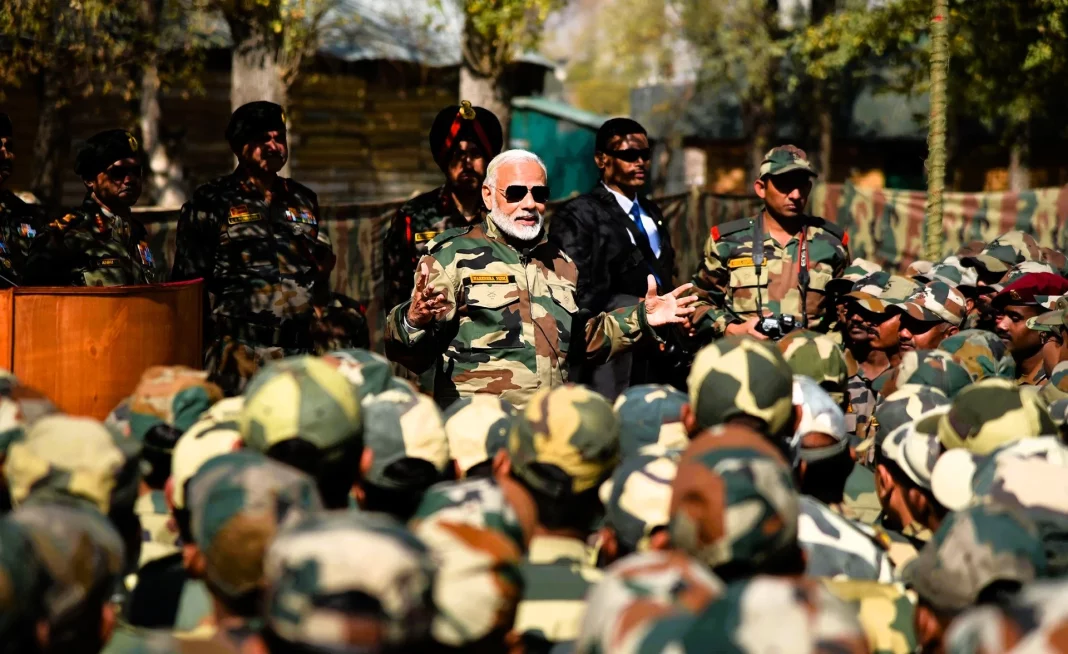Pakistan’s Information Minister Attaullah Tarar claimed early Wednesday that the country has “credible intelligence” indicating India is planning a military strike within the next 24 to 36 hours, escalating tensions between the two nuclear-armed neighbors.
In a late-night press conference and a post on X, Tarar stated, “Pakistan has credible intelligence that India intends to launch a military strike within the next 24 to 36 hours. Any act of aggression will be met with a decisive response. India will be fully responsible for any serious consequences in the region.”
He did not provide specific evidence to support the claim. Pakistan’s Defense Minister Khawaja Muhammad Asif echoed the warning, telling Reuters that a military incursion by India was “imminent” but emphasized that Pakistan would only use nuclear weapons if faced with a “direct threat to our existence.”
The Pahalgam attack, claimed by The Resistance Front (TRF)—linked to the Pakistan-based Lashkar-e-Taiba—has fueled a sharp escalation in India-Pakistan relations. Pakistan has called for a neutral investigation into the attack, while India has suspended participation in the Indus Waters Treaty and revoked visas, prompting Pakistan to close its airspace to Indian airlines.
Indian Prime Minister Narendra Modi, has vowed to pursue the attackers and reportedly granted the Indian military “complete operational freedom” to respond. Indian media reported ongoing anti-terror operations in Jammu and Kashmir, raising fears of a repeat of the 2019 Balakot airstrike, when India targeted alleged militant camps in Pakistan following a similar attack.
International leaders have urged de-escalation. UN Secretary-General Antonio Guterres spoke with Pakistani Prime Minister Shehbaz Sharif and Indian External Affairs Minister Subrahmanyam Jaishankar, emphasizing the need to avoid a confrontation with “tragic consequences.” U.S. Secretary of State Marco Rubio is expected to engage with both nations’ foreign ministers to prevent further escalation.
Analysts warn of a precarious situation. Michael Kugelman, Director of the South Asia Institute at the Wilson Center, noted that India may be considering a range of responses, from visible military strikes to covert actions, to restore deterrence.
India’s foreign ministry has not yet responded to Pakistan’s allegations. As both nations remain on high alert, the international community watches closely, fearing miscalculations could spiral into a broader conflict in the volatile region.





